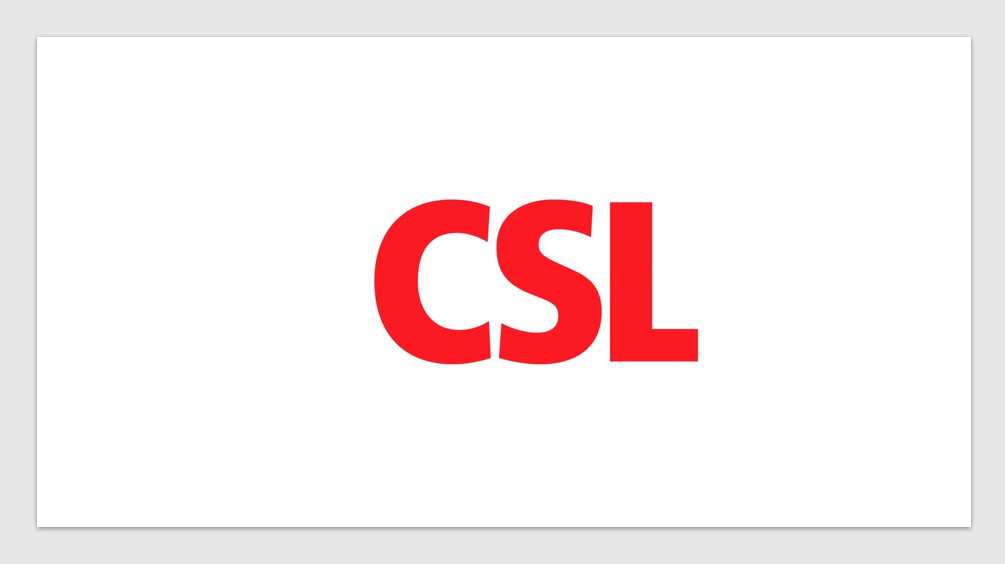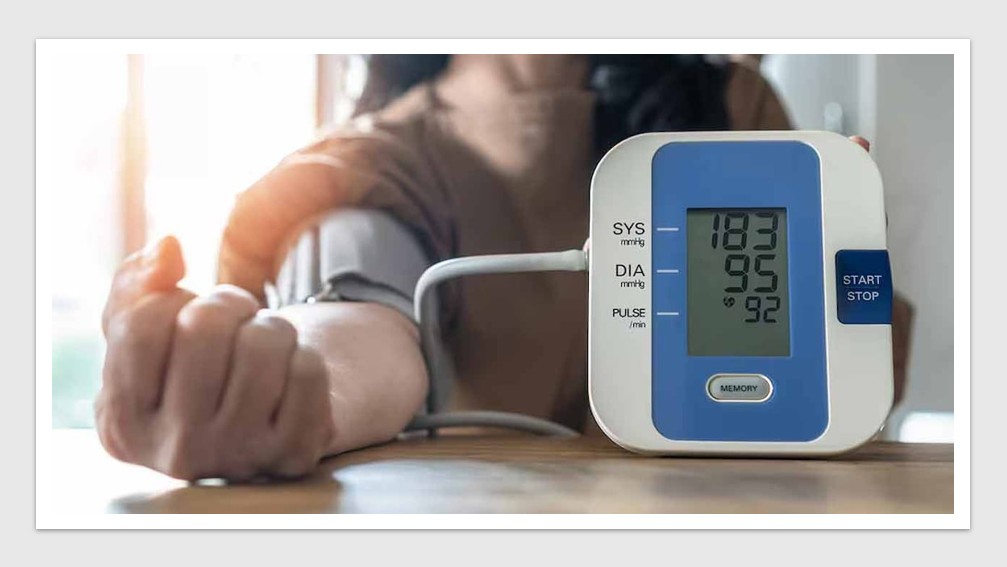News & Trends - Pharmaceuticals
Promising results for Sanofi’s therapy in patients with haemophilia A and B

Pharma News: A new monthly injection to help people with haemophilia reduce bleeding has been effective in two phase 3 trials and may be the first preventative measure that can help treatment-resistant people with haemophilia A and B, according to Australian and international experts.
People with haemophilia A and B bleed spontaneously into joints or muscles and may take much longer to stop bleeding after injury. Prophylactic treatment is aimed at reducing spontaneous bleeding by regularly administering drugs that enhance haemostasis.
Small interfering RNA (siRNA) therapies are a new type of treatment that work by interfering with the production of specific proteins. Sanofi’s Fitusiran is the first siRNA developed for haemophilia and targets antithrombin (a protein that reduces blood clotting) to increase clotting ability. Its novel way of stopping bleeds means that it is the first prophylactic treatment that works for both haemophilia A and B patients with or without inhibitors.
While Sanofi’s Fitusiran will be the first prophylactic option for people with haemophilia B, and it may be an alternative approach to Roche’s Hemlibra (emicizumab), the first approved subcutaneous, non replacement therapy in people with haemophilia A.
Two phase 3 randomised controlled trials, part of the ATLAS study, found that prophylactic fitusiran injections are effective in reducing bleeds in patients with haemophilia A and B.
In the study published in The Lancet, 25 out of 38 (66%) participants with inhibitors who received fitusiran injections had zero bleeds after nine months, compared to 1 out of 19 (5%) in the comparator group who were given an on-demand bypassing agent.
The study published in The Lancet Haematology investigated the use of the medication in patients without inhibitors, 40 out of 79 (51%) participants given monthly injections of fitusiran experienced zero bleeds, compared to 2 out of 40 (5%) in the comparator group.
Lead author of The Lancet study, Professor Guy Young, Children’s Hospital Los Angeles and Professor at the University of Southern California Keck School of Medicine, USA, said “Our study looks at the efficacy of the first siRNA therapy used to treat haemophilia with inhibitors. The data is encouraging and suggests it may be the first prophylactic treatment – meaning it can be given to prevent bleeds rather than to treat them after they have already occurred – that works for both haemophilia A and B patients with inhibitors. Haemophilia B patients’ treatment options are currently limited to on-demand treatments, which treat bleeds after they have occurred.”
Lead author on The Lancet Haematology study, Professor Alok Srivastava, Christian Medical College, Vellore, India, said “This study looks at the use of fitusiran in patients with haemophilia A or B without inhibitors and complements the findings from the study looking at fitusiran with inhibitors – also finding that it is very effective in preventing bleeds. Fitusiran is administered by under the skin injections, which can be easily taken at home. With this drug being administered just once a month or even less frequently, there is marked reduction of treatment burden. This means patients with haemophilia could manage their condition with fewer trips to hospital, which can cause worry and be and disruptive to daily life. This would lead to an improved quality of life as documented in the study.”
Australian trials sites included Royal Prince Alfred Hospital, Monash Medical Centre, Fiona Stanley Hospital and The Alfred.
![]() In reimagining healthcare across the entire patient journey, Health Industry HubTM is the only one-stop-hub uniting the diversity of the Pharma, MedTech, Diagnostics & Biotech sectors to inspire meaningful change.
In reimagining healthcare across the entire patient journey, Health Industry HubTM is the only one-stop-hub uniting the diversity of the Pharma, MedTech, Diagnostics & Biotech sectors to inspire meaningful change.
The Health Industry HubTM content is copyright protected. Access is available under individual user licenses. Please click here to subscribe and visit T&Cs here.
News & Trends - Biotechnology

CSL reshapes R&D while bracing for U.S. tariffs
Australia’s largest biotech company CSL is streamlining its R&D operations to enhance efficiency amidst a rapidly evolving global landscape. The […]
MoreNews & Trends - MedTech & Diagnostics

Australia joins Medtronic trial in fight against resistant hypertension
Medtronic has launched an international clinical trial across Australia, the United States, and Europe to evaluate the feasibility of multi-organ […]
MoreNews & Trends - MedTech & Diagnostics

Medibank launches pharmacogenetic testing while government stalls on insurance discrimination ban
Medibank has become the first Australian health insurer to pay towards pharmacogenetic testing (PGx) for eligible customers on Extras cover. […]
MoreNews & Trends - Pharmaceuticals

Global pledge shifts visibility and action for patients with advanced breast cancer
Three breast cancer organisations have united internationally to demand that people living with metastatic breast cancer (MBC) are no longer […]
More